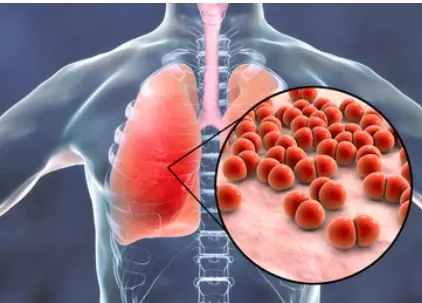 Welcome
Welcome
“May all be happy, may all be healed, may all be at peace and may no one ever suffer."
- A
- B
- C
- D
- E
- F
- G
- H
- I
- J
- K
- L
- M
- N
- O
- P
- Q
- R
- S
- T
- U
- V
- W
- X
- Y
- Z
HIV infection - Generics
HIV (human immunodeficiency virus) is a virus that attacks and weakens the immune system, making individuals susceptible to infections and diseases. HIV is transmitted through certain body fluids, such as blood, semen, vaginal secretions, and breast milk.
Early symptoms of HIV infection can be mild and flu-like, and may include fever, fatigue, sore throat, rash, and swollen lymph nodes. These symptoms may appear 2-4 weeks after infection and can last for a few weeks.
If left untreated, HIV can progress to AIDS (acquired immunodeficiency syndrome), which is a life-threatening condition that occurs when the immune system is severely damaged and the body is unable to fight off infections and diseases.
There is currently no cure for HIV, but antiretroviral therapy (ART) can effectively suppress the virus and prevent the progression to AIDS. ART involves taking a combination of medications that work to lower the amount of virus in the body, allowing the immune system to recover and reducing the risk of transmitting the virus to others.
Preventing the spread of HIV involves practicing safe sex, using condoms consistently and correctly, avoiding sharing needles, and getting tested regularly for HIV and other sexually transmitted infections. Pregnant women with HIV can also reduce the risk of transmitting the virus to their babies by taking antiretroviral medications during pregnancy and delivery, and by not breastfeeding their infants.
If you think you may have been exposed to HIV or have any concerns about HIV testing, prevention, or treatment, it is important to seek medical advice from a healthcare provider or HIV specialist.

Gum disease

Acidosis

Diabetic coma

Typhus

Dysuria

Eye refraction

Slit-lamp examination

Chronic bronchitis
HIV infection, এইচআইভি সংক্রমণ
To be happy, beautiful, healthy, wealthy, hale and long-lived stay with DM3S.